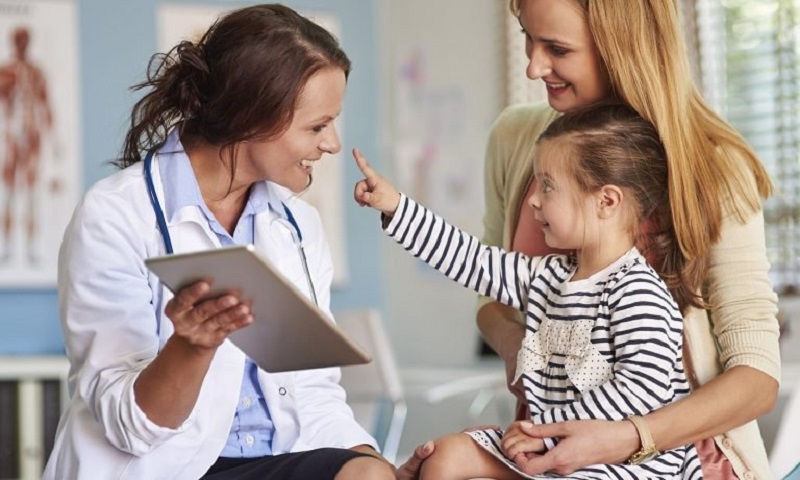Treatment for ADHD could benefit your child at school, in social environments, and at home. All three major components of ADHD could be addressed with the right plan: lack of attention, impulsive, and hyperactive control. Therapy aims to help your child with following the rules, focusing, and establishing positive relationships with families, educators, and friends.
This ADHD treatment in Chennai has proven options that are safe, but no two children are the same, and what helps for one child may not function for the other.
You as well as the physician would work together to create a plan that fits your child’s specific needs. Finding out just what works the best may take a little time. Medications, behavioral therapy, or may both be part of a plan.
Medications
Stimulants and non-stimulants seem to be the most frequent medications used to treat ADHD. Antidepressants sometimes are used as well.
In kids and adolescents, stimulants are the most common medication. This seems to be typically the very first drug that a physician would prescribe. Stimulants have been around for a long time and have received rigorous testing. They assist in the regulation of emotions, behavior, and concentration in the brain.
Stimulants should never be used by children with certain medical conditions. Before any medication is given, make sure the doctor is informed of your children’s health information.
Stimulants:
If the first medications prescribed seem not to be working, the physician may increase the dosage, recommend a drug treatment, or suggest that your child take another prescription in addition to the stimulants.
Non-stimulants haven’t been tested extensively. They do not even work like stimulants, and they can assist with concentration and impulsive behavior. They could be a better option for some children than stimulants, but they’re often used in conjunction alongside stimulants.
FDA-approved non-stimulants for ADHD in children and teens include:
- Clonidine ER (Kapvay)
- Atomoxetine (Strattera)
- Viloxazine (Qelbree)
- Guanfacine ER (Intuniv)
Antidepressants aren’t prescribed to treat ADHD, but they can help with impatience, restlessness, and lack of attention. They’re a possibility for children who haven’t responded well to a stimulant alone. For kids with ADHD and a mental illness such as anxiety or depression, using an antidepressant along with a stimulant appears to be more effective.
Antidepressants come in a variety of forms.
Side Effects
Most of these medicines have the potential to cause side effects. These frequently occur whenever a child starts to take medicines for the first time. They’re probably minimal and soon pass. Talk to your child’s doctor about what to anticipate before starting a new medication.
Contact your doctor if you do have any worries about your children’s medication side effects. Modifications in therapy must not be made before even consulting them.
Medications aren’t for everyone.
For children with ADHD, medicines do not always work. In fact, in 20 to 30 percent of instances, they don’t appear to be working at all. In others, the advantages are only marginal, or the negative impacts are too significant. Child concentration exercises are given to the child to increase the concentration power in kids.
Your health care support team could help you with a combination of medication and behavioral therapy that works best for your child.
Behavioral Therapy
This therapy involves positive reinforcement for inculcating good behavior and negative reinforcement for unwanted behaviors. A health care professional, a psychologist, social worker, and a family therapist works along with you and your child’s teachers in setting up a program to enhance the child’s behaviors. Right brain training is also essential for kids to improve their brain function.
Behavioral therapy is often used along with medicines, but it can also be used alone.


